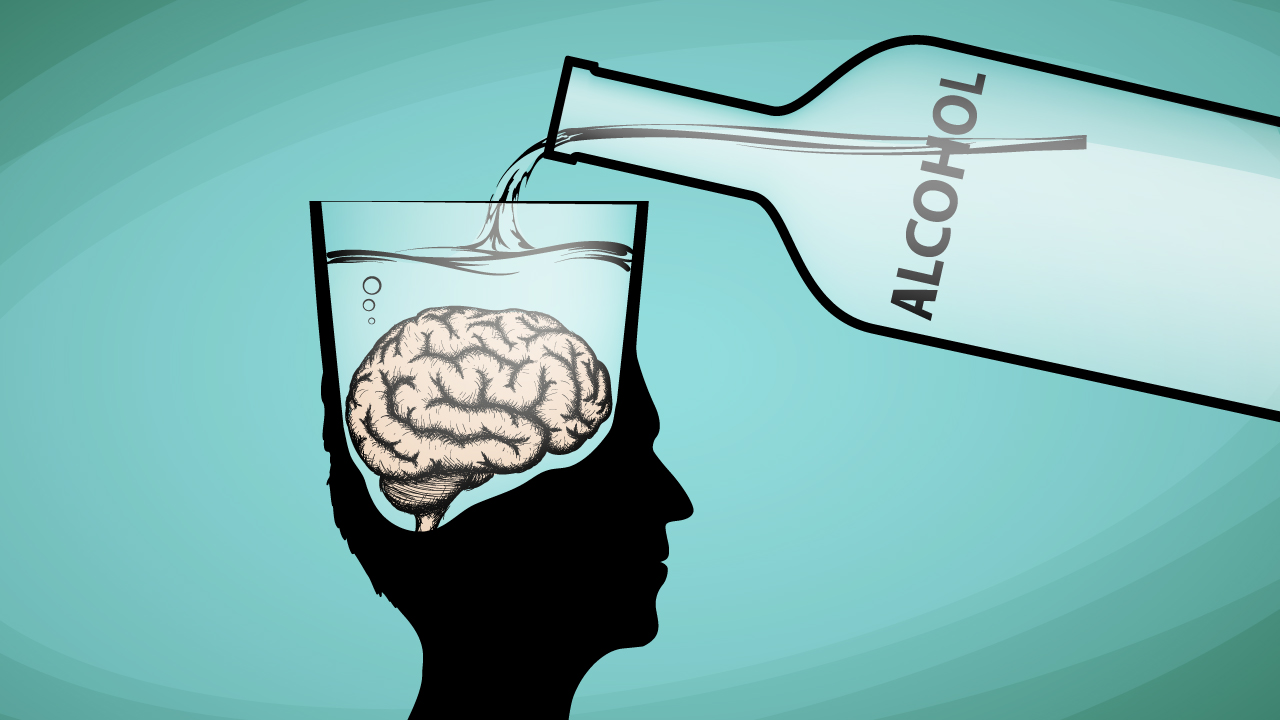” First, you take a drink then the drink takes a drink, and then the drink takes you.‘‘

Alcohol is a legal and a popular means of entertainment and enjoyment, especially amongst the student population. However, it has plenty of negative side effects, which can worsen mental health conditions (Mind, 2020).
Alcohol changes the brain’s chemistry, draining serotonin, a chemical substance that regulates your mood and raises the risk of a range of mental health problems. People with mental issues have double the potential to be addicted to alcohol (Mind, 2020).
The chronic and excessive consumption of alcohol can lead to long-term effects that in combination with drugs can lead to severe ones, including:
- memory loss
- impaired critical thinking
- lack of concentration
- addiction
- anxiety
- delirium (confusion, hallucinations)
- lack of energy
- lack of mood
(Mind, 2020), (Goodreads, 2017)
Alcoholics Anonymous (AA): Tel: 0800 9177 650 Web: alcoholics-anonymous.org,uk (The national network of local Alcoholics-Anonymous groups).
DrinkLine: Tel: 0300 123 1110. Web: www.drinkaware.co.uk/alcohol-support-services/ (They provide support to people worried about their own drinking and to their family/friends).